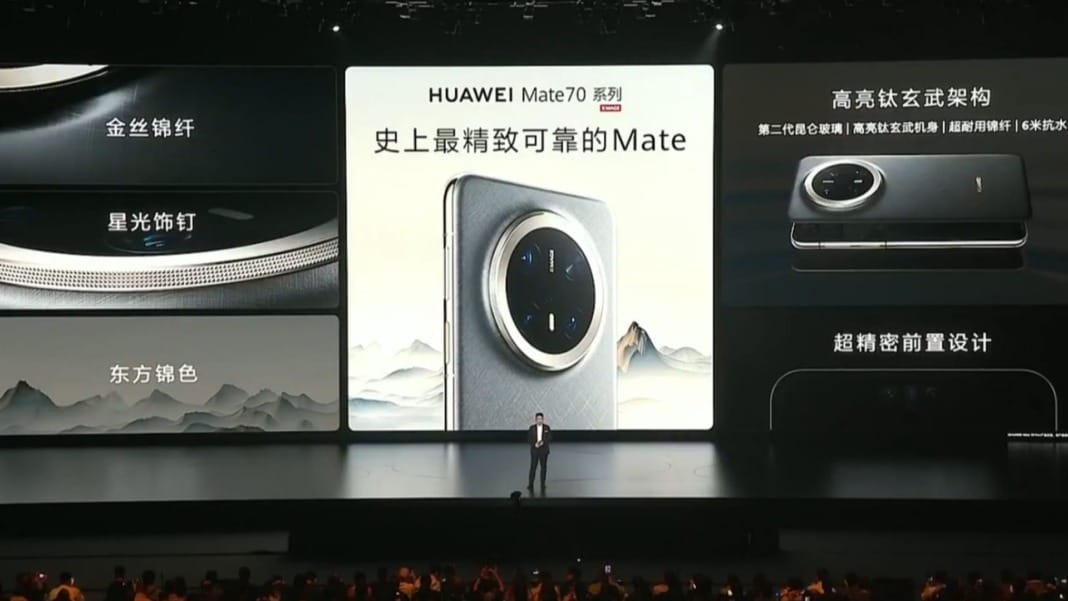A new report by Salesforce highlights the significant challenges brands face in regaining consumer trust as artificial intelligence (AI) technology becomes more prominent. According to the State of the AI Connected Customer research, 64% of Singapore consumers believe that advances in AI increase the need for trust, especially with AI agents becoming a key part of customer service.
The findings are timely, as brands prepare for a challenging holiday shopping season, where global online sales influenced by AI are expected to exceed US$200 billion. AI agents—intelligent software capable of managing customer queries independently—offer companies an opportunity to win back trust by delivering seamless and transparent customer experiences. Among younger generations, particularly millennials, 37% of consumers in Singapore expressed comfort in having AI agents handle shopping tasks.
Singapore consumers demand trust and efficiency
Globally, trust in companies has reached an eight-year low, and Singapore mirrors this trend. Key findings from the Salesforce study reveal that:
- 74% of Singapore consumers trust companies less than they did a year ago.
- 61% feel companies are reckless with their data.
Singaporeans also hold brands to high standards, expecting both efficiency and consistency.
- 75% want seamless interactions across departments.
- 71% prefer fewer steps to complete tasks or access information.
Customer service remains a major driver of loyalty. The report notes that 57% of consumers avoid repeat purchases due to poor service, and 48% cite inconvenience, such as clunky purchase experiences or difficult return processes, as deal-breakers.
Younger generations lead in AI adoption
Millennials and Gen Z in Singapore are more open to embracing AI technology to improve their shopping experience. The research shows:
- 53% of millennials and 47% of Gen Z are open to AI agents, compared to 36% of baby boomers.
- 37% of millennials believe AI raises the bar for customer service, while only 27% of Gen Z and baby boomers agree.
These younger demographics value personalisation and faster service, seeing AI as a tool to anticipate and adapt to their needs. Over half of millennials (39%) would share personal data with AI agents for improved experiences, compared to 30% of all respondents.
Building trust in the AI era
Despite enthusiasm among younger consumers, the overall sentiment towards AI in Singapore is mixed. While many express curiosity (52%) about AI’s potential, a significant portion remains sceptical (31%). To address this, companies must focus on transparency to build trust in AI interactions.
Key statistics reveal what consumers want:
- 76% want clear identification when interacting with an AI agent.
- 60% are more likely to use AI agents if escalation paths to human representatives are available.
- 60% want the logic behind AI decisions clearly explained.
Sujith Abraham, Senior Vice President and General Manager of Salesforce ASEAN, sees this as an opportunity for companies. He stated, “With the upcoming holiday and festive season, retailers are under immense pressure to keep up with declining consumer trust and rising expectations in Singapore. But there’s also a huge opportunity—Singaporean consumers are more open than ever to AI. Autonomous AI agents can help businesses rebuild trust and scale to meet increasing demands during this season, by elevating and personalising customer experiences at scale in a trusted manner.”
Mike Hite, Chief Technology Officer at Saks Global, echoed these sentiments, sharing how their autonomous AI solution, Agentforce, has improved customer service. “Agentforce will streamline routine tasks, such as order tracking, enabling our service teams to prioritise more meaningful customer interactions and focus on delivering a high-touch, tailored customer experience.”
AI agents offer a promising future
As Singapore consumers navigate their concerns and curiosity towards AI, businesses have a clear opportunity to align their AI strategies with consumer expectations. With transparency, personalisation, and efficient service, AI agents can not only drive higher margins but also restore trust during the critical holiday shopping season.





